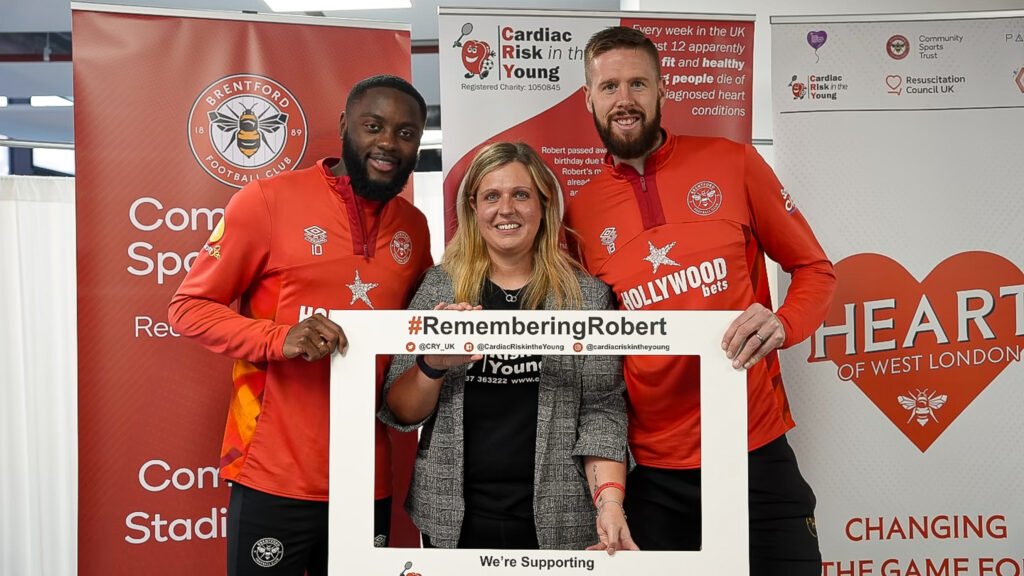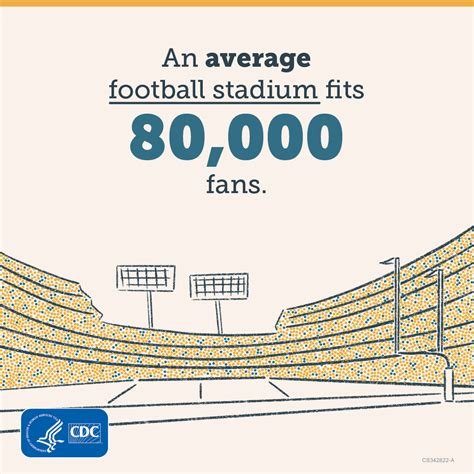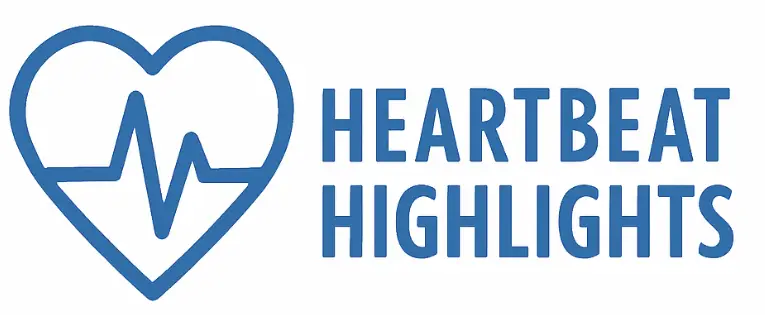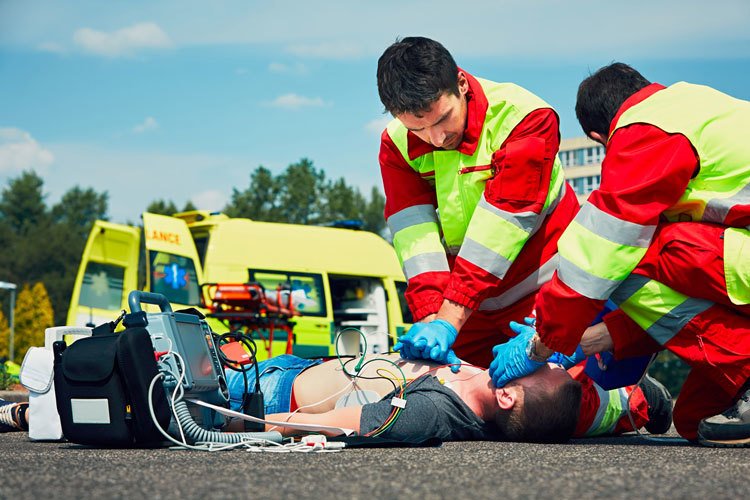From the stands to the sidelines, sports arenas are becoming unexpected allies in heart health, offering on-the-spot cardiac screening that can save lives.

Introduction
Imagine it’s a crisp Saturday afternoon. You’re in your team’s colors, surrounded by thousands of fans, the roar of the crowd echoing through the stadium. You’re there for the match, the camaraderie, the thrill of the game — but before kickoff, you notice something unusual: a small booth near the entrance offering “Free Heart Health Screening.”
A football club, giving heart checks to its fans? It might sound like a side plot in a sports documentary, but this is happening in stadiums worldwide. And it’s not just a feel-good PR stunt — it’s a game-changer in preventing sudden cardiac emergencies.
In recent years, sports clubs have started to realize their power to unite communities doesn’t just belong on the pitch. By bringing emergency cardiac screening to where the fans already are, they’re creating one of the most effective outreach programs in public health.
Why Heart Health at a Football Match?

Cardiac arrest and heart attacks can happen anywhere, at any age — including in the stands. Sudden cardiac arrest (SCA) is a leading cause of death worldwide, and it often strikes without warning.
The risk isn’t limited to athletes on the field. Fans, particularly older adults or those with underlying health conditions, may experience intense emotional highs and lows during games. Combine that adrenaline with possible high blood pressure, cholesterol issues, or undiagnosed heart disease, and you’ve got a potential recipe for cardiac trouble.
A 2021 study in the European Heart Journal even found that emotional stress from watching sports can significantly increase the risk of acute cardiac events — sometimes doubling the odds within hours of an intense match.
By providing on-site heart checks, clubs are catching problems early — sometimes before symptoms appear — and helping fans get the care they need before it’s too late.
How the Screening Programs Work

Football clubs are partnering with local hospitals, cardiac charities, and health tech companies to bring portable screening technology right into stadium concourses.
Here’s what a typical matchday heart screening might involve:
1. Quick Health Questionnaire
Fans fill out a short form about their medical history, lifestyle, and any symptoms they’ve noticed (like chest discomfort, shortness of breath, or palpitations).
2. Blood Pressure & Pulse Check
High blood pressure often has no symptoms but is one of the strongest risk factors for heart disease and stroke. A quick check can spot early warning signs.
3. ECG (Electrocardiogram)
Portable ECG machines record the heart’s electrical activity in less than five minutes, looking for irregular rhythms (arrhythmias) or signs of strain.
4. Cholesterol & Glucose Testing
Some stadium screenings even include a finger-prick test for cholesterol and blood sugar — both key indicators of cardiovascular risk.
5. On-the-Spot Advice
If something abnormal is detected, trained health professionals advise the fan on next steps, whether that’s seeing their GP promptly or heading straight to the hospital.
From Awareness to Action
For many, this might be their first health check in years. The informal, approachable setting helps overcome barriers that keep people from seeing a doctor — fear, lack of time, or simply not knowing where to start.
One real-life example comes from Tottenham Hotspur, which partnered with a UK heart charity to offer screenings at home games. Over a single season, hundreds of fans took part — and several were found to have potentially life-threatening heart conditions that needed immediate follow-up.
In some cases, these screenings have uncovered:
- Undiagnosed atrial fibrillation (AFib) — an irregular heartbeat that increases stroke risk.
- Hypertrophic cardiomyopathy — a thickening of the heart muscle that can cause sudden cardiac arrest.
- Severe hypertension — high blood pressure that, left untreated, can damage the heart, brain, and kidneys.
Technology Making It Possible
The rise of portable, user-friendly medical devices has made stadium-based health checks faster and more effective.
- Handheld ECG devices: Lightweight, wireless, and capable of sending results instantly to a cardiologist for review.
- Smart diagnostic platforms: AI-assisted software that flags abnormal results in seconds, reducing human error.
- Telehealth integration: Fans can connect with a doctor on the spot via secure video call if something urgent appears in their screening.
Some clubs are even integrating heart health awareness into their fan apps, sending reminders for annual checks and promoting CPR/AED training sessions.
The Ripple Effect in the Community
The benefits don’t stop at the stadium gates. Fans who get screened often share their experience with friends and family, encouraging others to check their heart health.
Clubs are also using their influence to:
- Host community CPR workshops.
- Install public access defibrillators (AEDs) around stadiums and training grounds.
- Fund local cardiac rehab programs.
Football is a powerful connector. When your favorite team says, “We care about your heart,” the message sticks.
The Flip Side
Of course, technology has its downsides:
- False alarms
Sometimes your watch might think you have AFib when you don’t. This can lead to extra tests — and extra worry. - False reassurance
If your watch says “all clear,” that doesn’t guarantee your heart is fine. It might just mean nothing unusual was detected at that moment. - Not one-size-fits-all
Movement, loose straps, tattoos, and skin tone can all affect readings.
Addressing Skepticism and Barriers
Some worry these screenings might cause unnecessary anxiety or false alarms. However, the focus isn’t on making diagnoses — it’s on early detection and referral.
Medical partners ensure the process is handled by trained professionals, and fans receive clear, actionable follow-up instructions.
Another challenge is reaching younger fans, who may think heart disease is an “older person’s problem.” Screening programs are increasingly targeting all adults, emphasizing that certain conditions (like genetic heart muscle disorders) can affect people in their 20s or 30s.
Real-Life Save Stories
- In 2022, a fan at a Premier League stadium discovered they had atrial fibrillation during a routine screening. They followed up with their doctor, started treatment, and potentially avoided a future stroke.
- A 45-year-old supporter in Spain was flagged for dangerously high blood pressure at a La Liga match — he later learned he had early-stage heart failure and started treatment before irreversible damage occurred.
Practical Tips for Fans
If your local club offers heart screenings:
- Take the 10 minutes to get checked — even if you feel fine.
- Be honest about your health history and symptoms.
- Follow up on any advice you’re given.
Encourage friends and family to join you — it can be a shared experience, not just a solo one.
The Future of Stadium Heart Health
Looking ahead, experts envision:
- Mobile health pods that travel between stadiums.
- Integration with wearable devices so screening results sync to your personal health record.
- Gamified health challenges during the season to keep fans engaged in lifestyle changes.
As clubs increasingly embrace their role in public health, we may see heart screenings become as normal as buying a halftime snack.
Conclusion / Takeaway
Football clubs have always been at the heart of their communities — now, they’re literally protecting those hearts. By turning stadiums into hubs for early cardiac screening, they’re using their influence, reach, and love of the game to save lives.
Whether you’re in the front row or the upper stands, your next matchday could be more than a celebration of sport — it could be the day you take a lifesaving step for your heart.
References
- European Heart Journal (2021). Emotional stress and acute cardiac events during sports viewing.
- British Heart Foundation. Stadium screening initiatives.
- American Heart Association. Importance of early detection in cardiac conditions.
- World Health Organization. Global burden of cardiovascular disease.
Disclaimer
This article is for educational purposes only and is not a substitute for professional medical advice. Always consult your healthcare provider for personal medical concerns.









